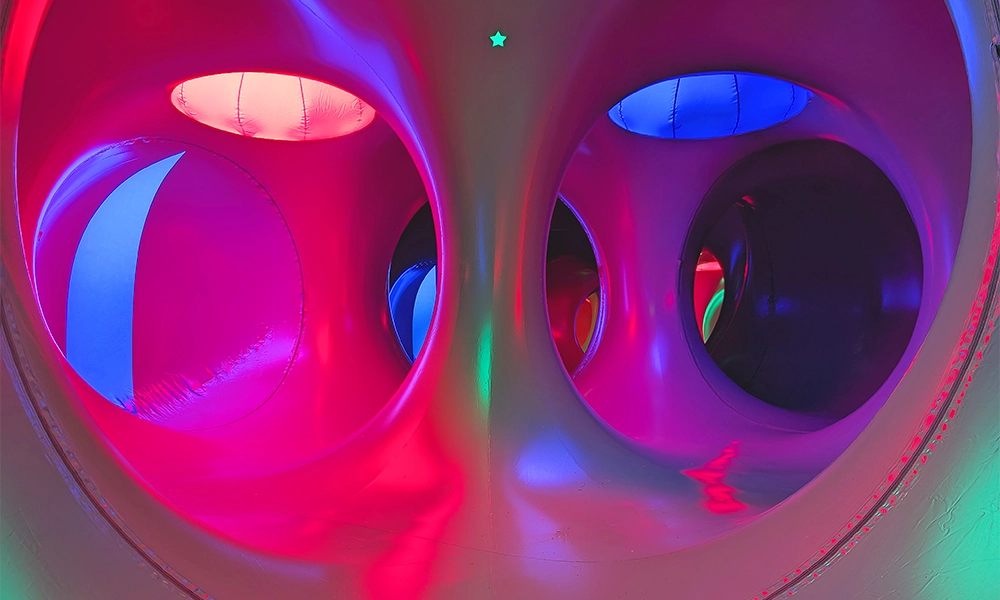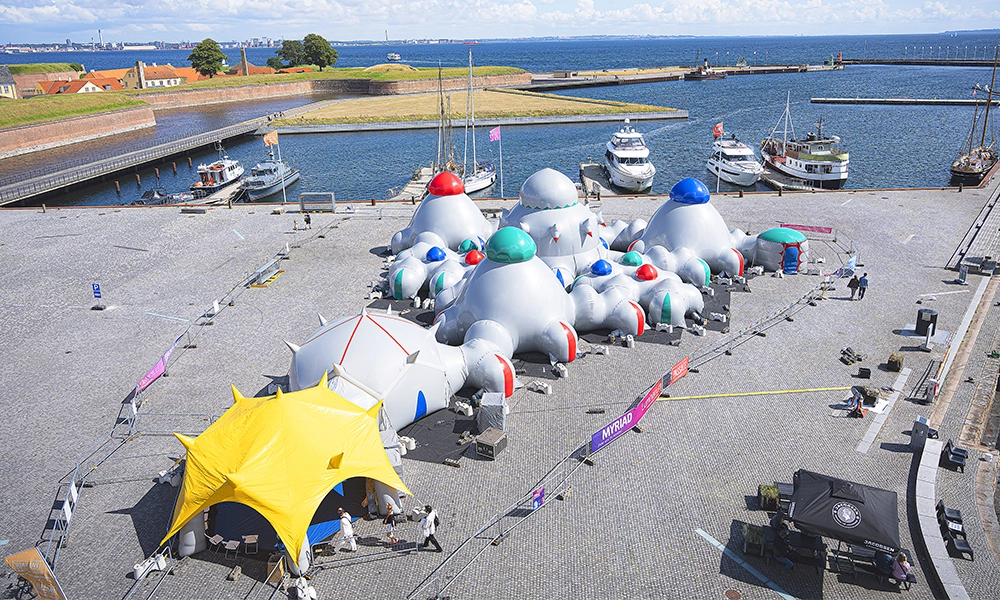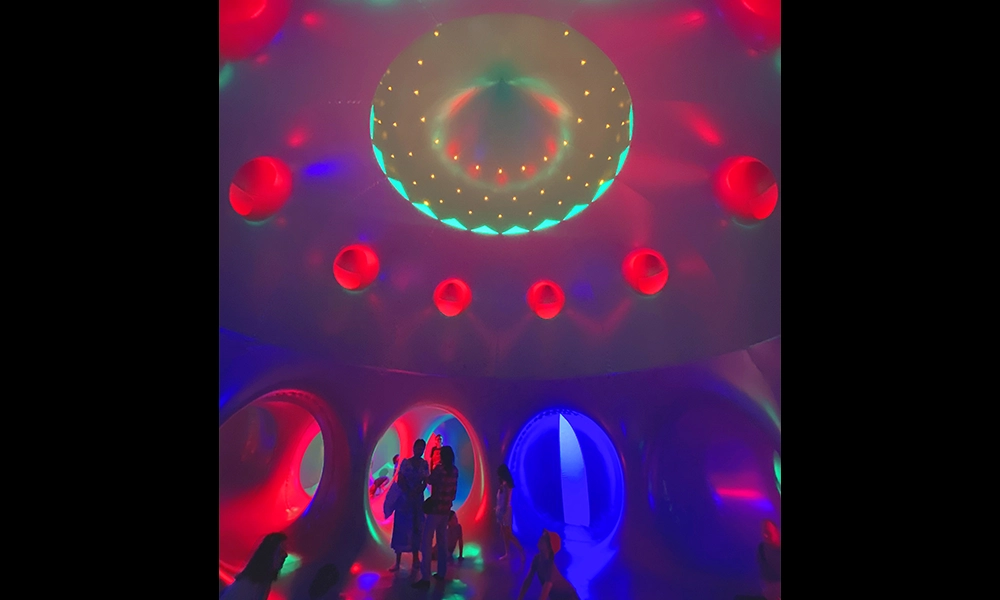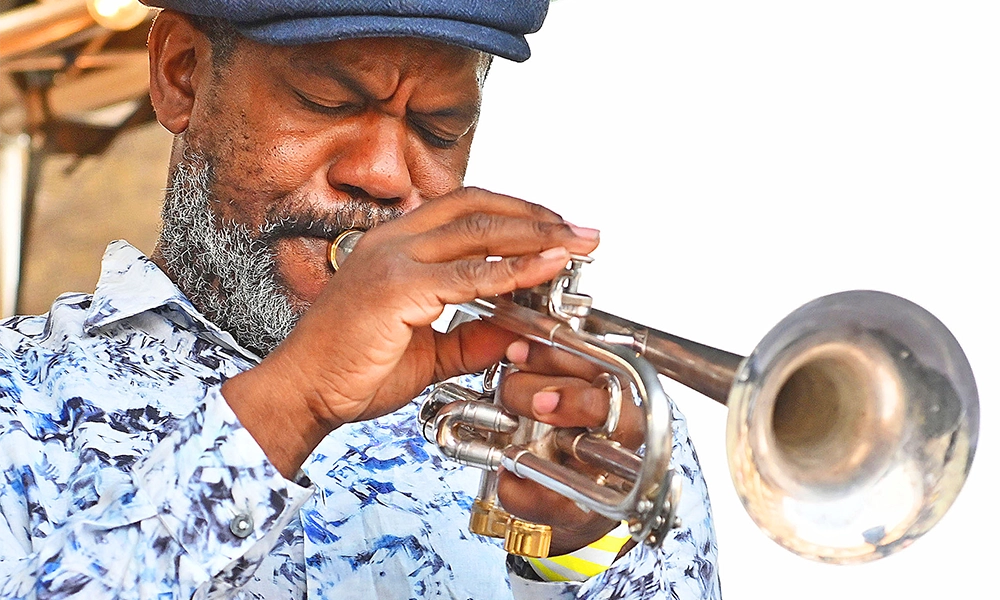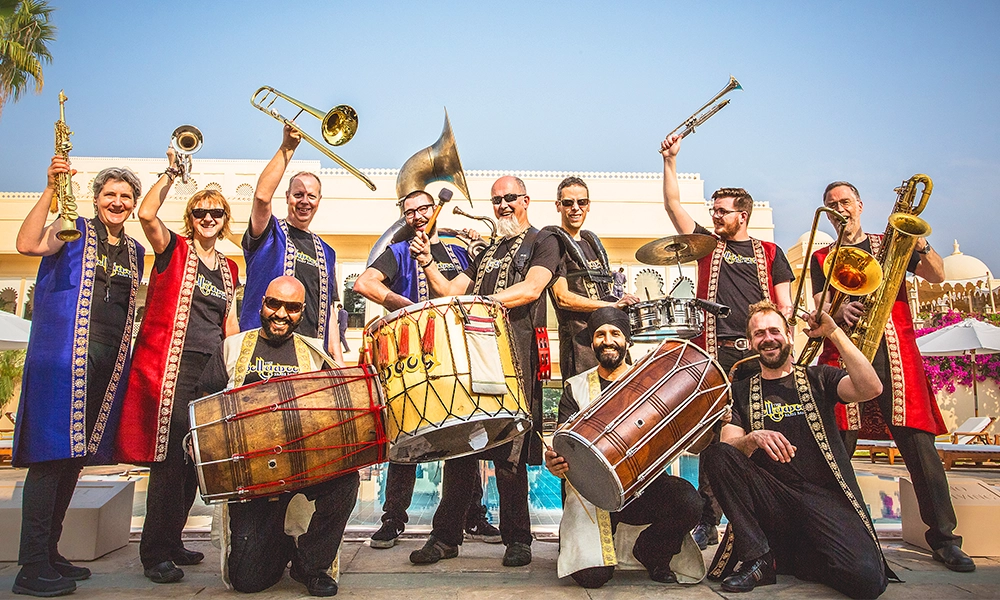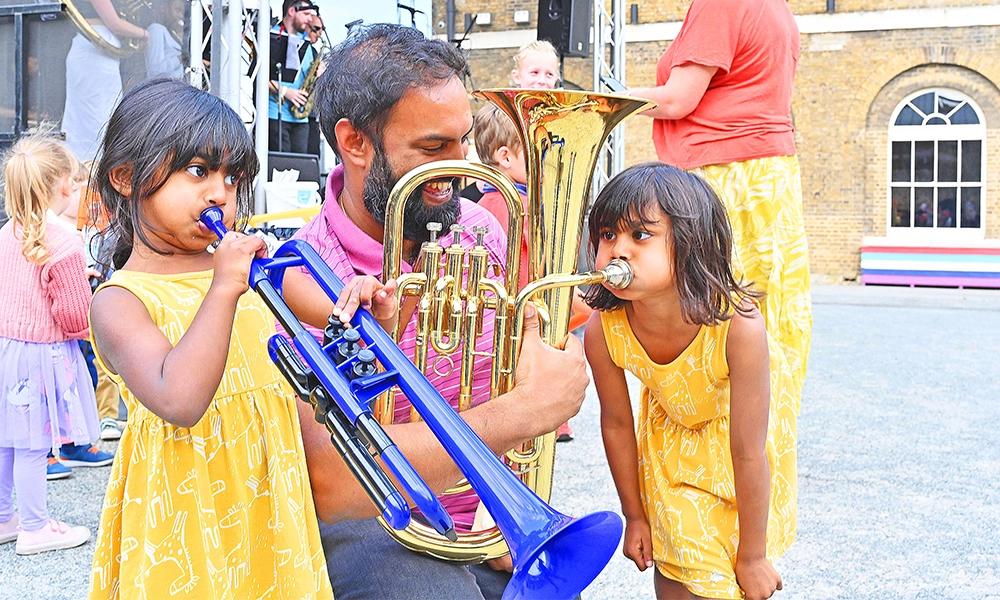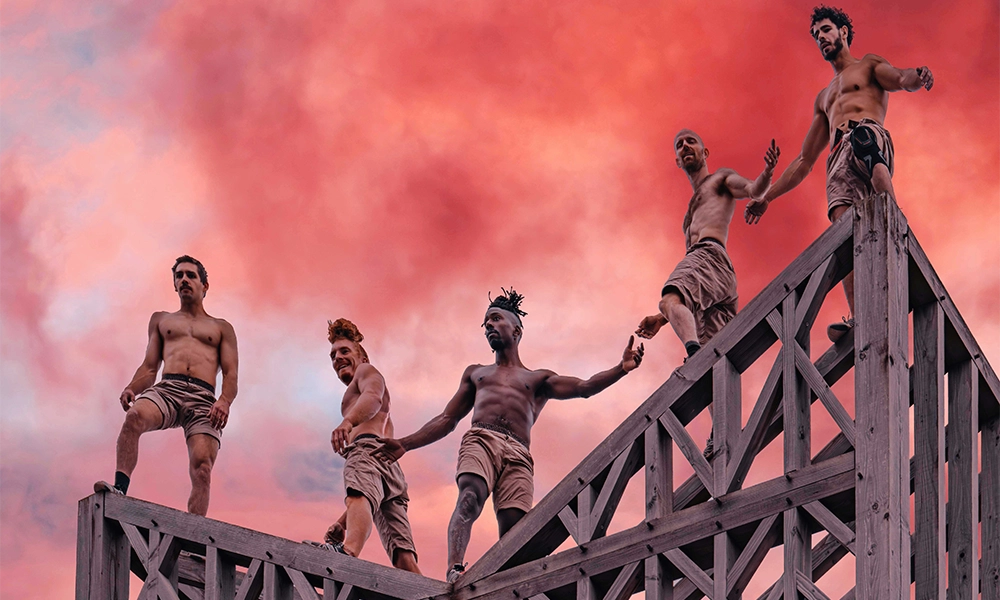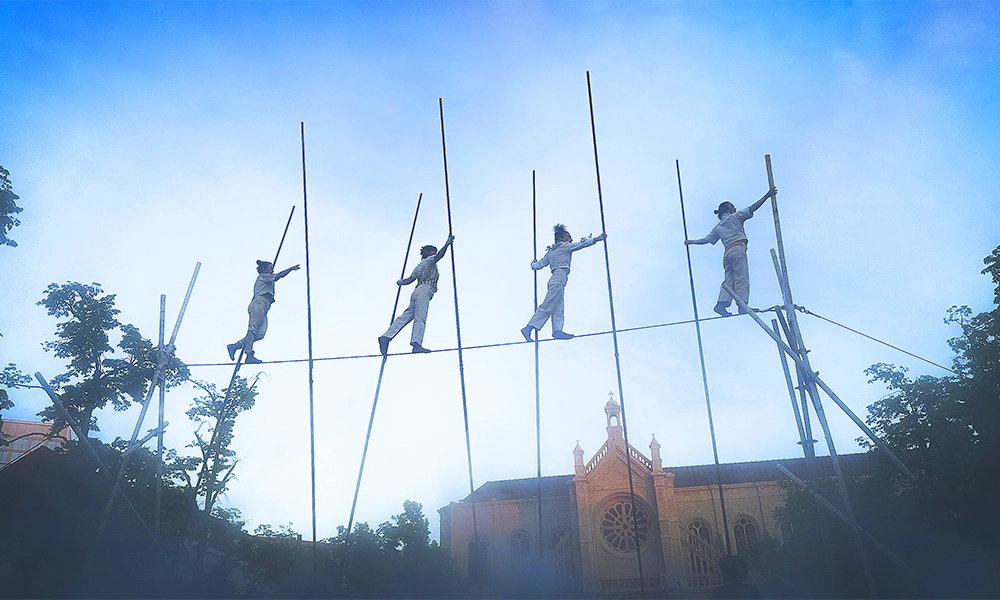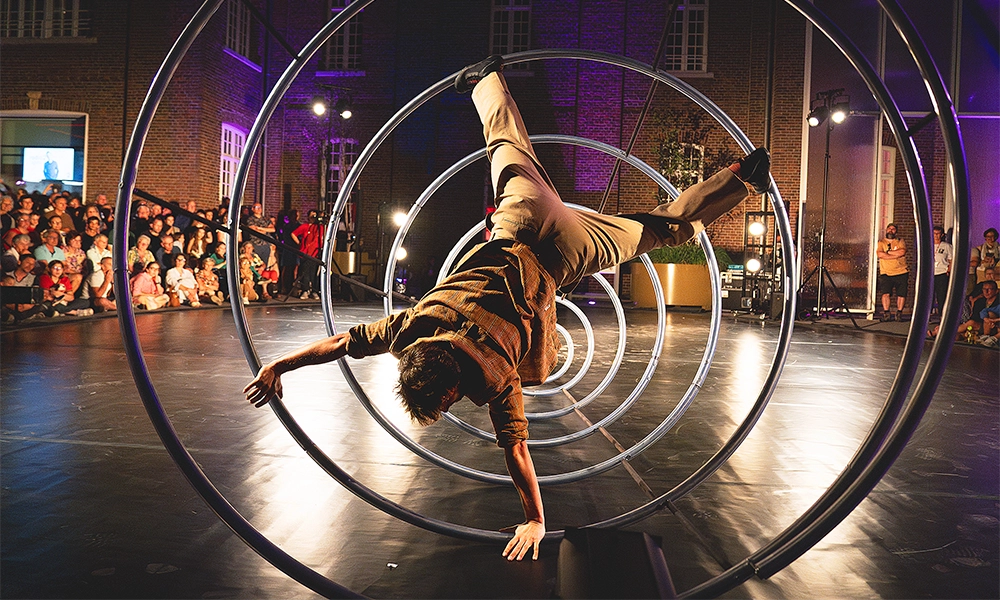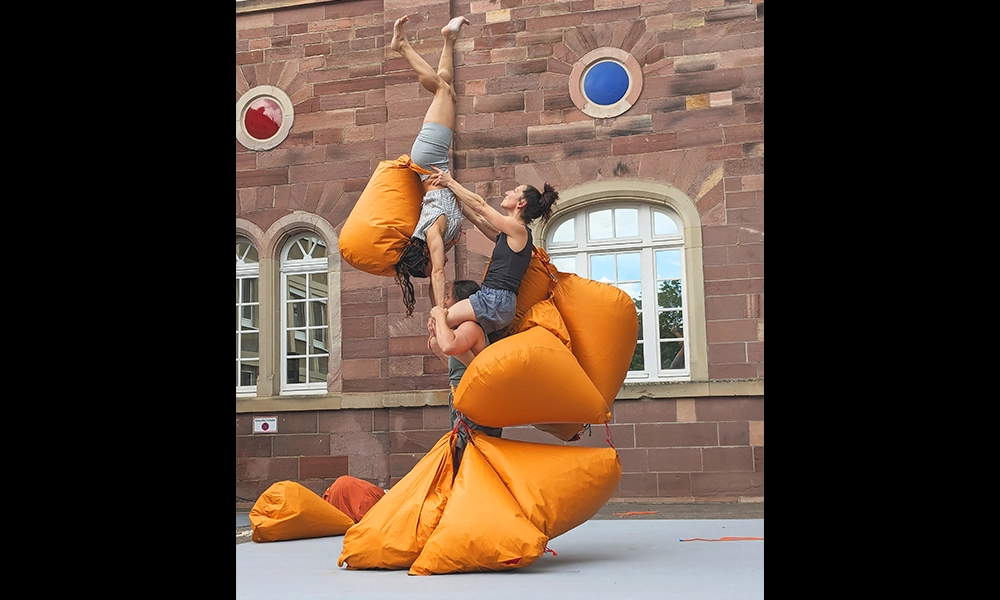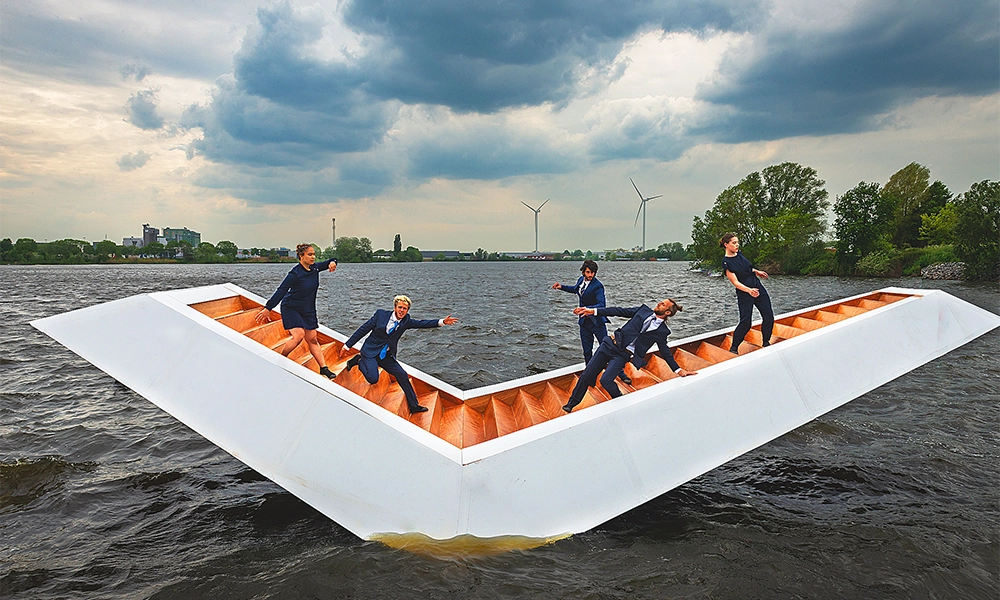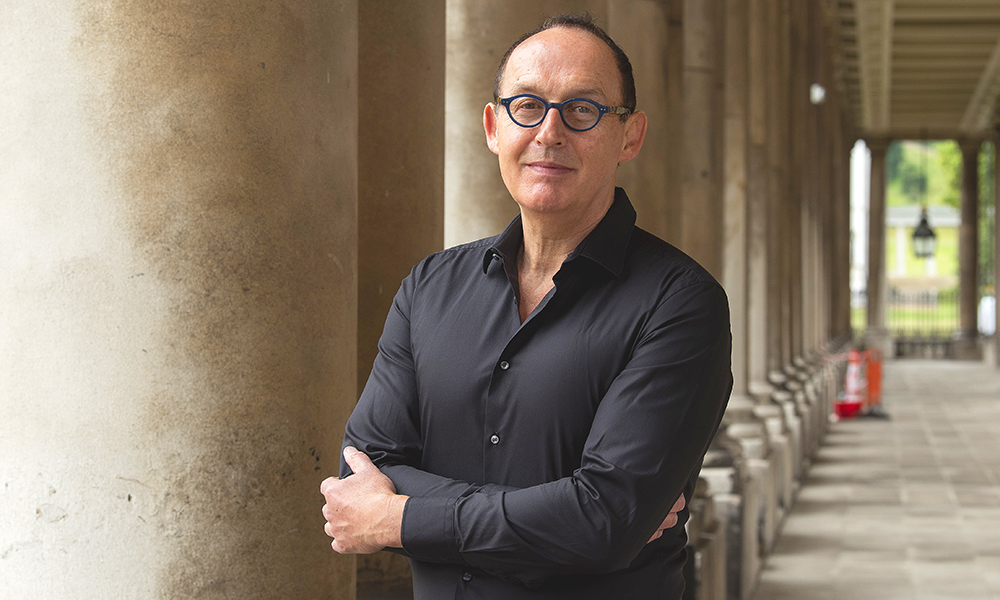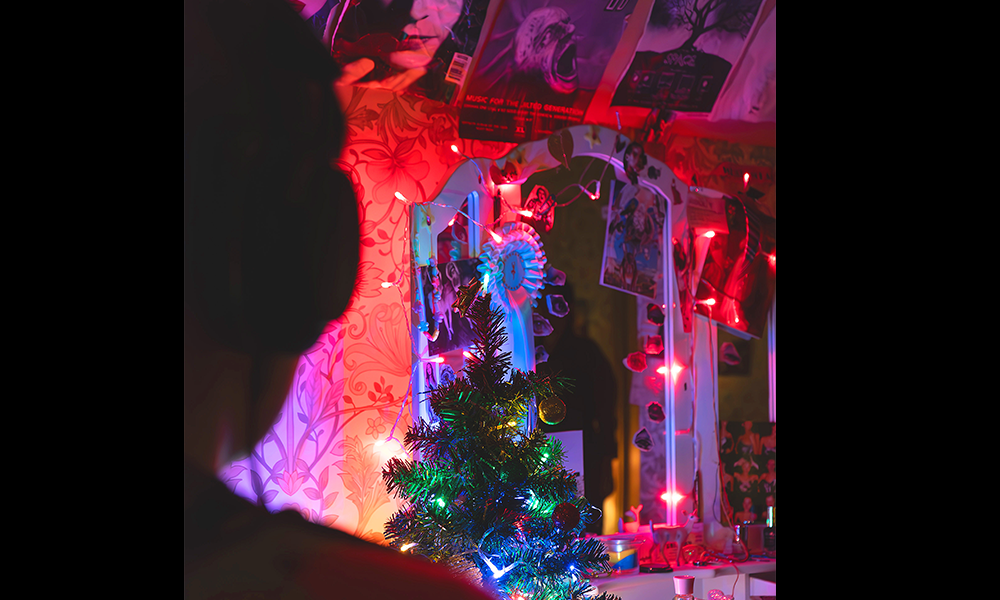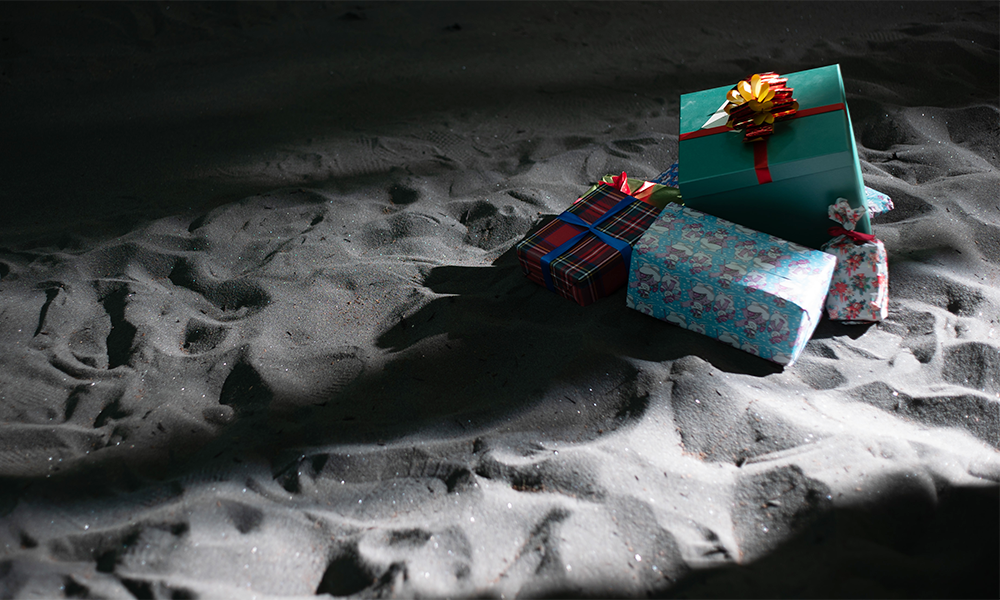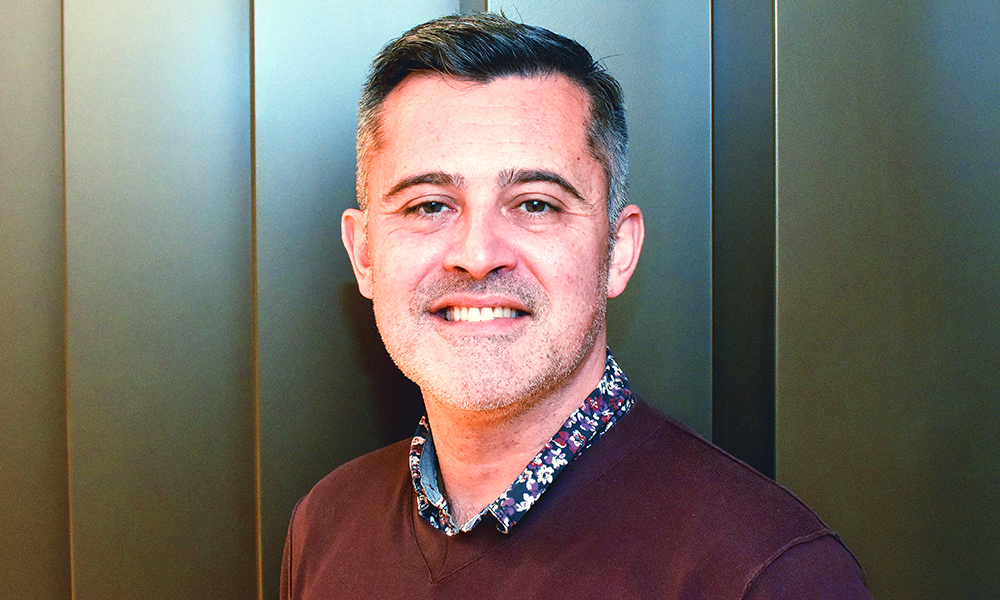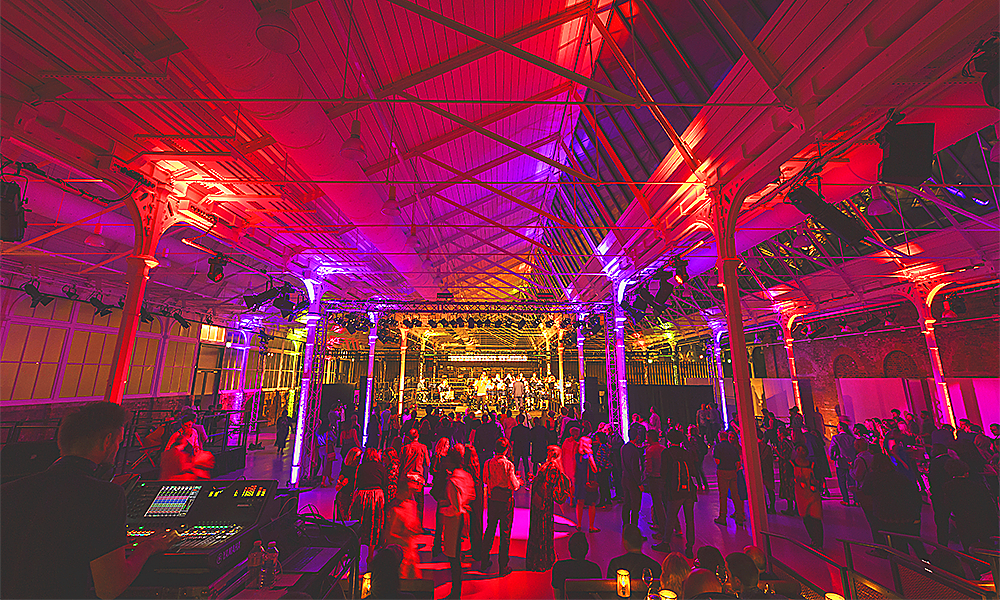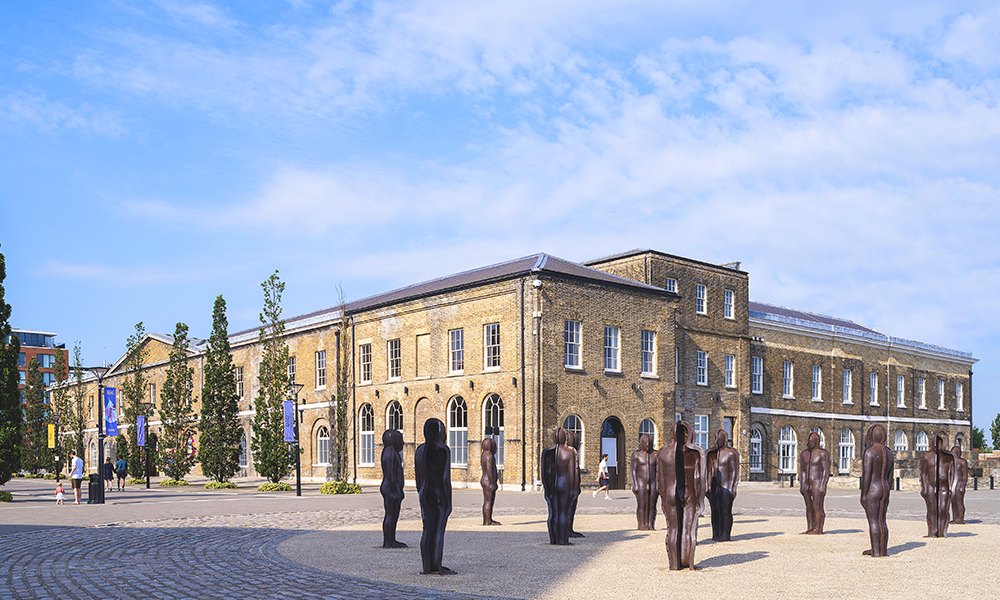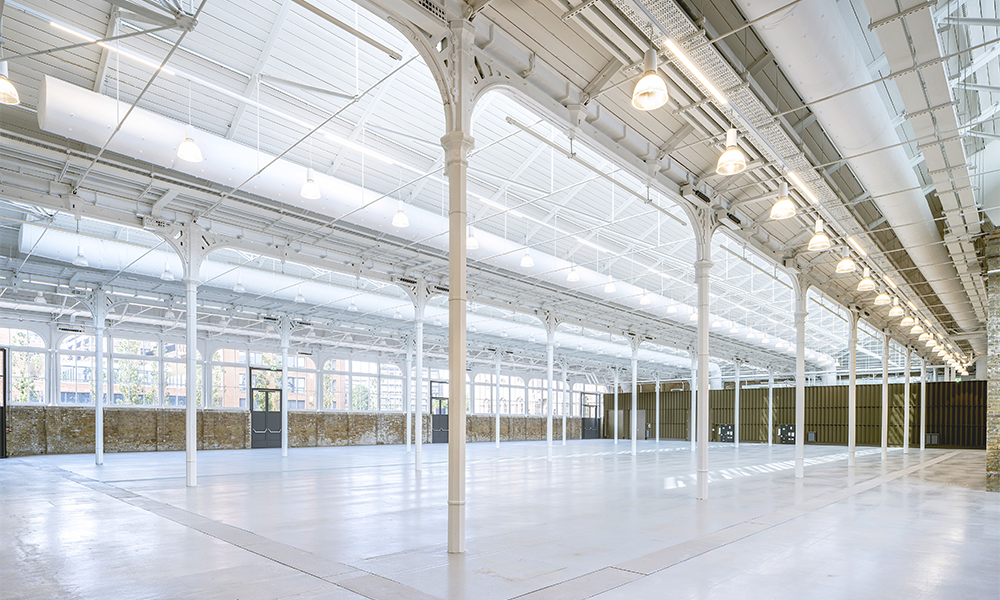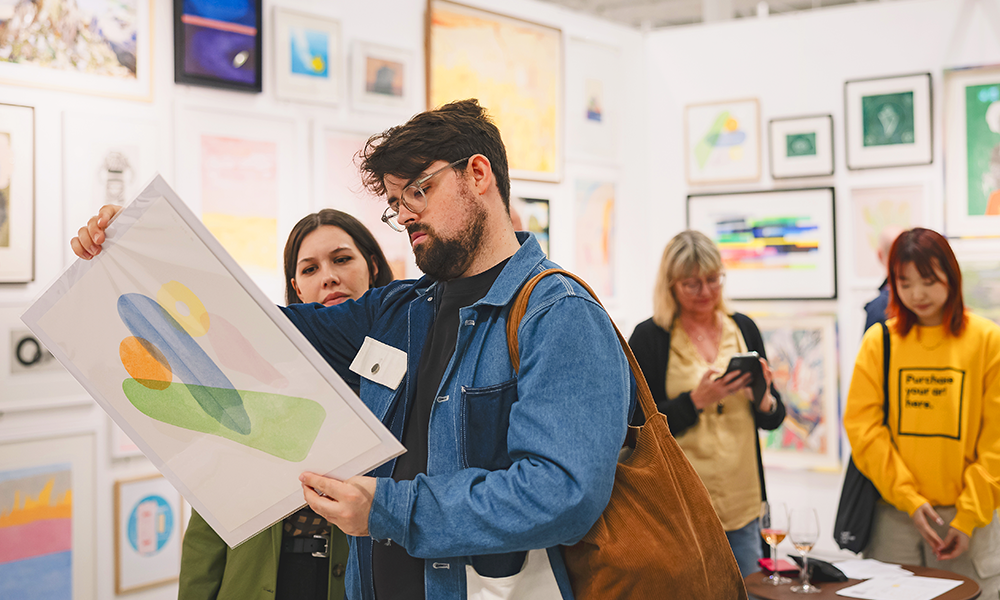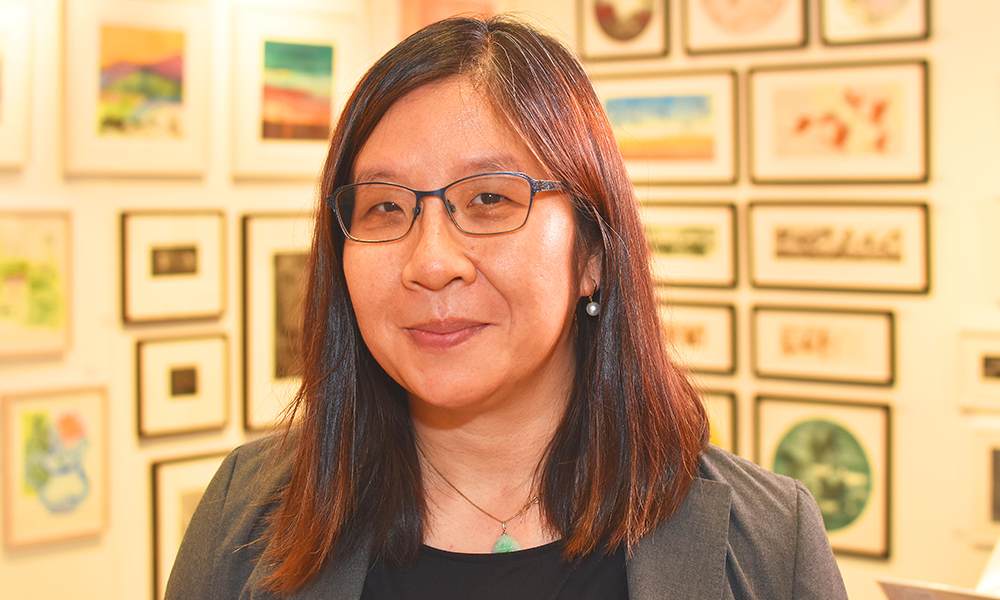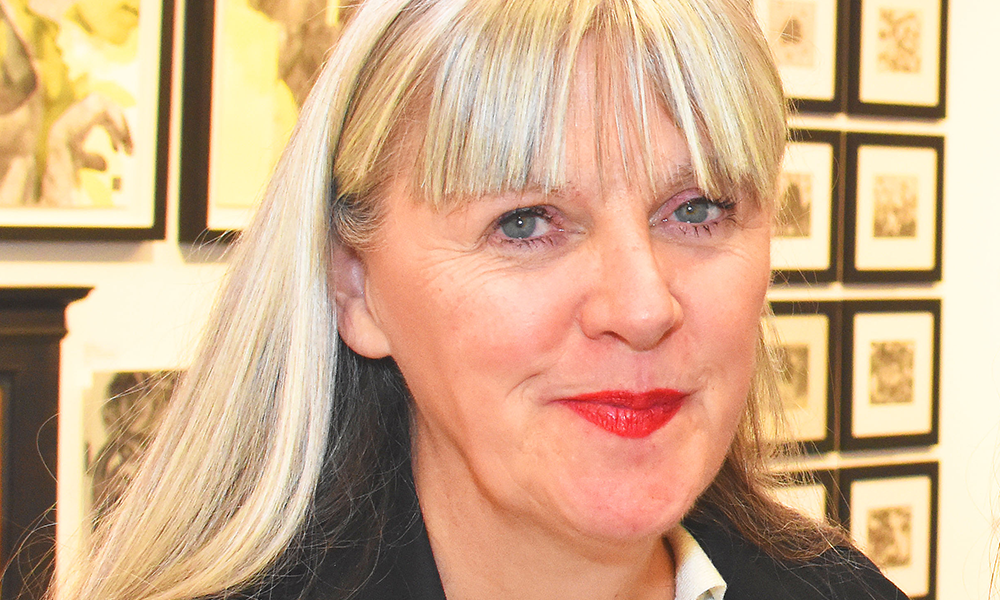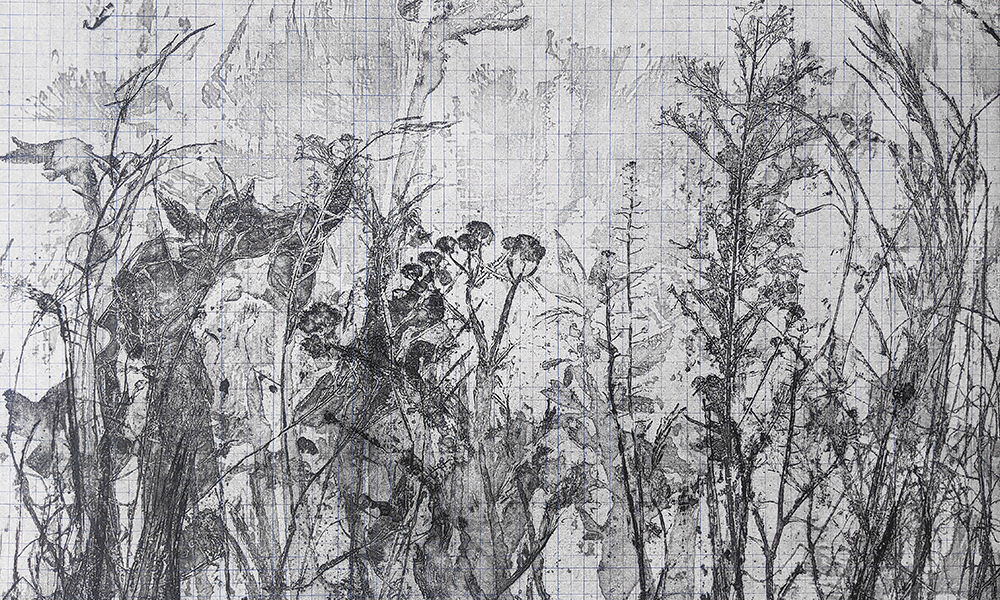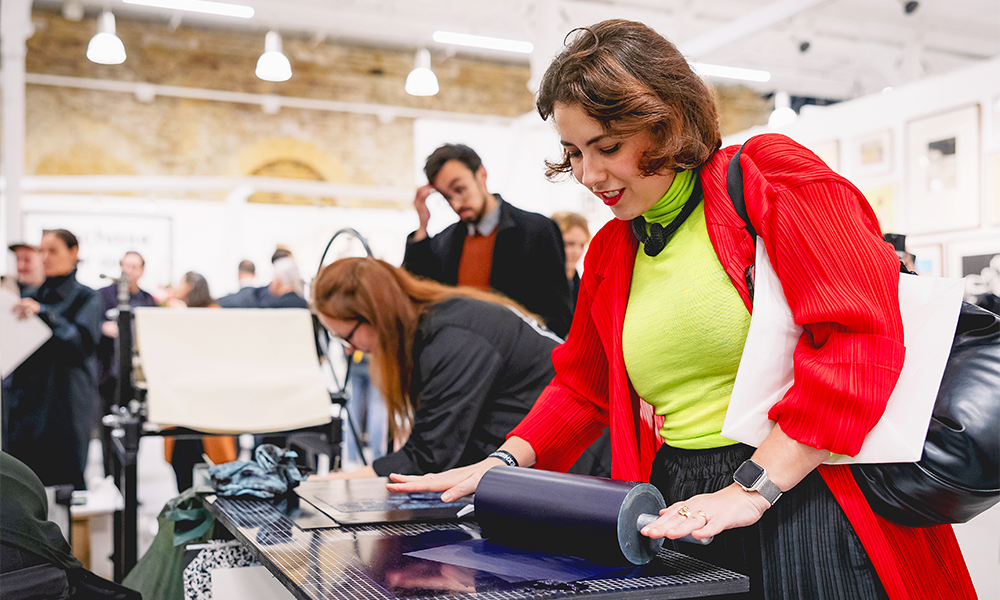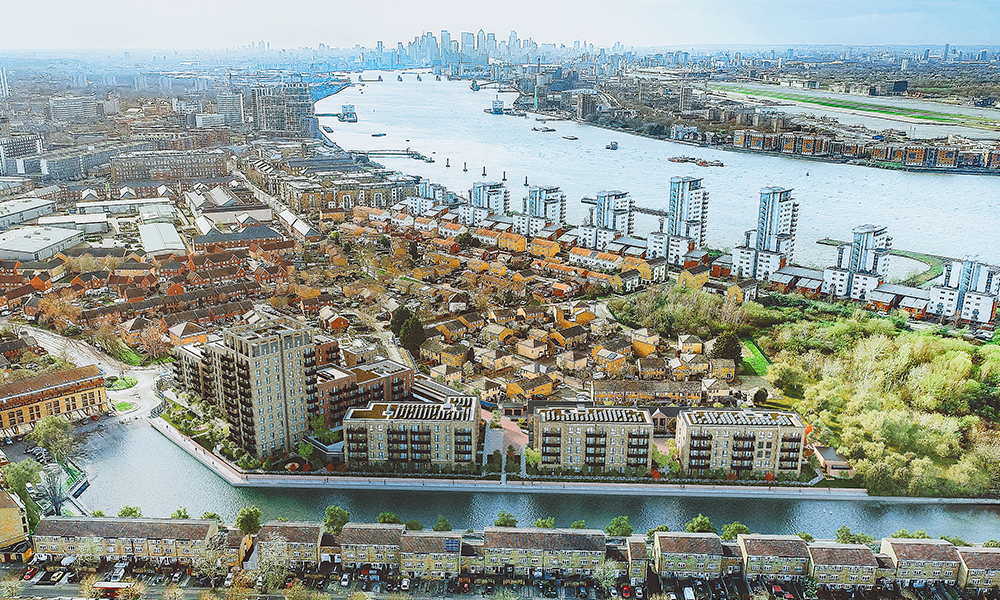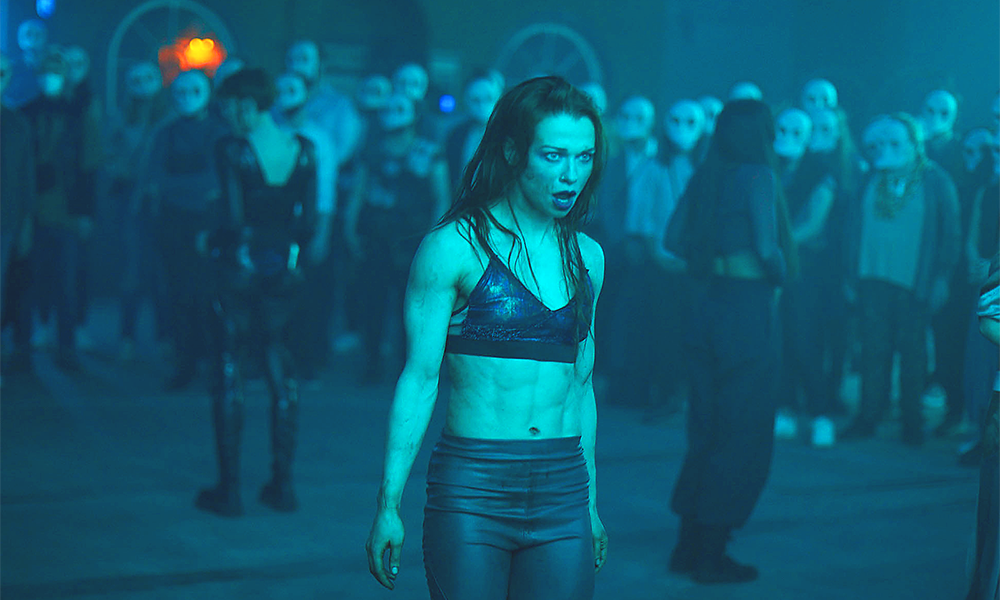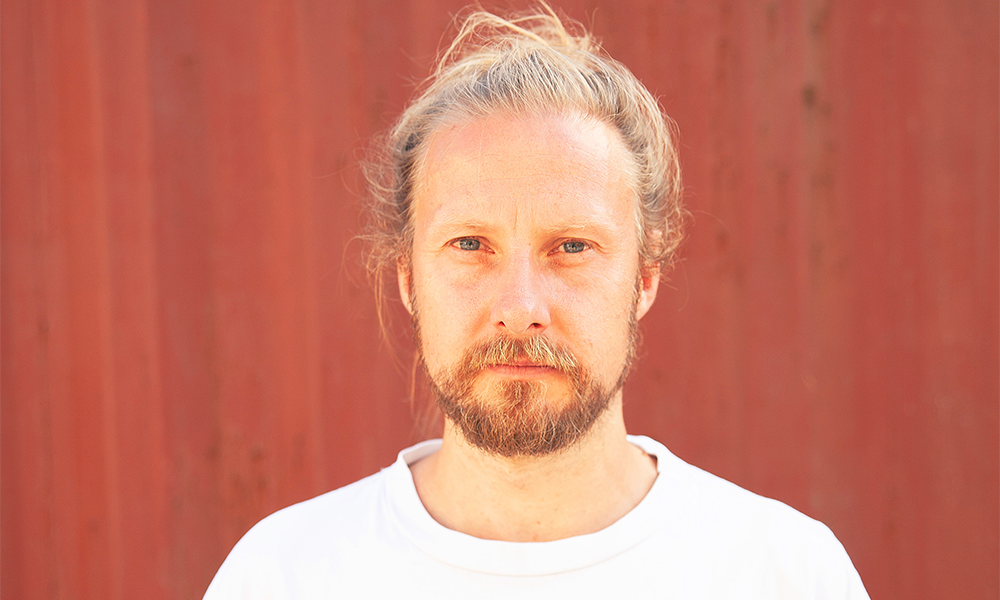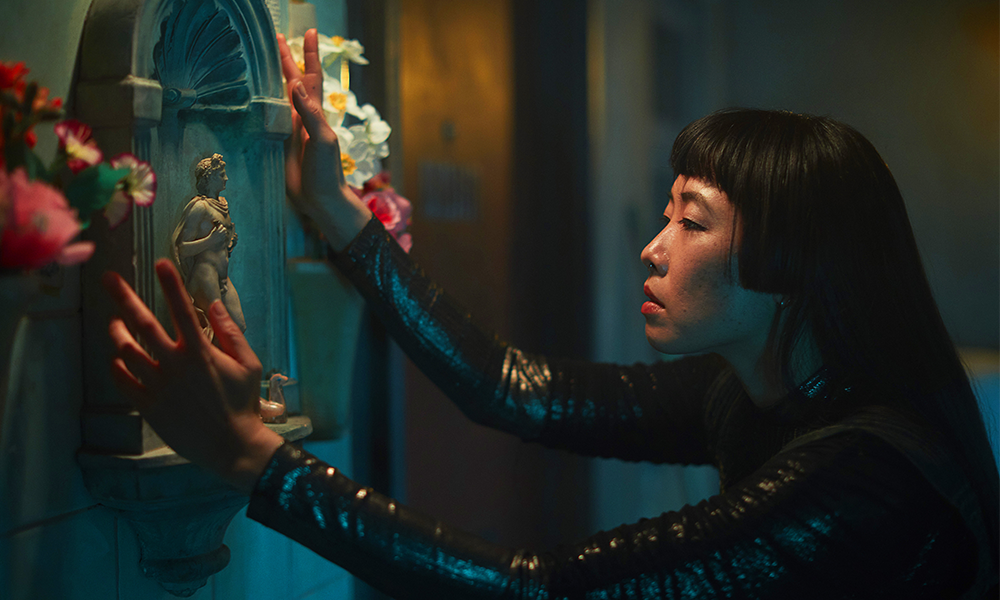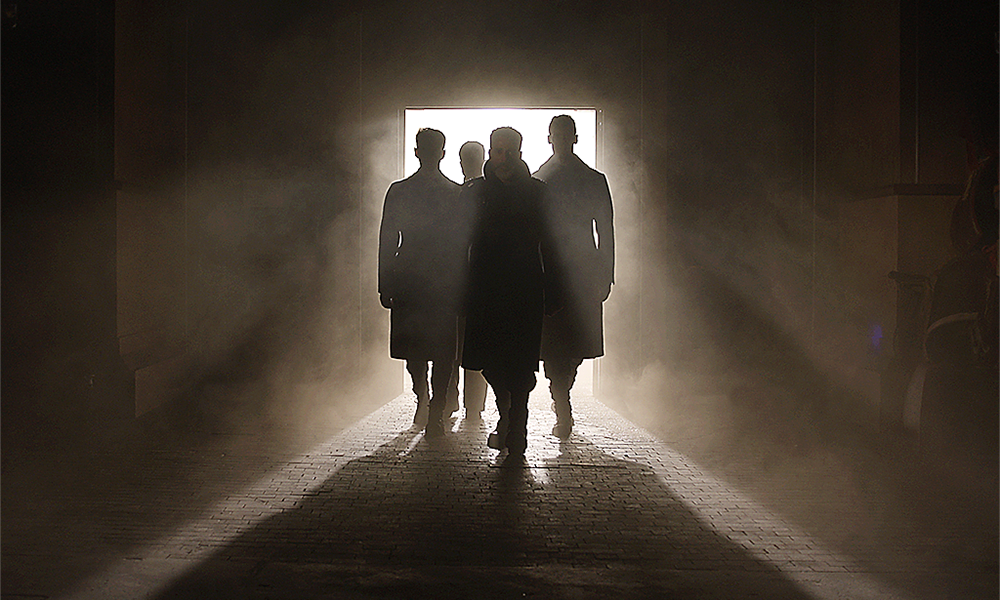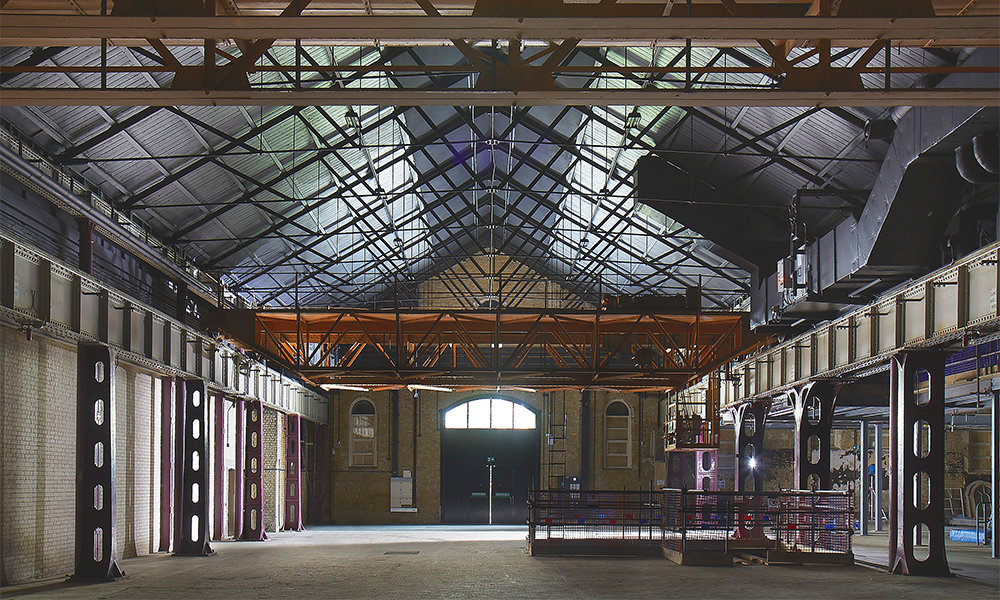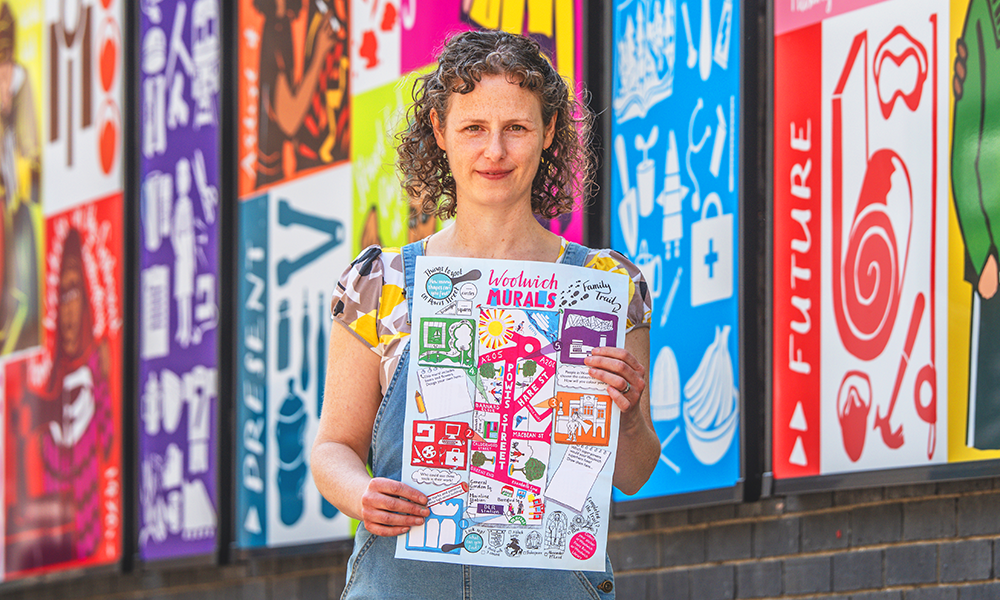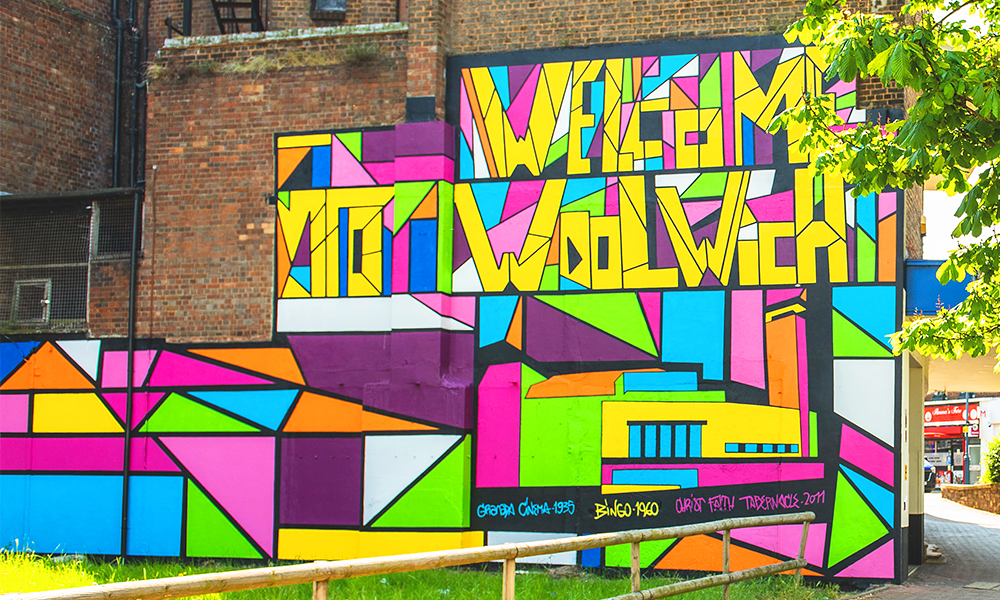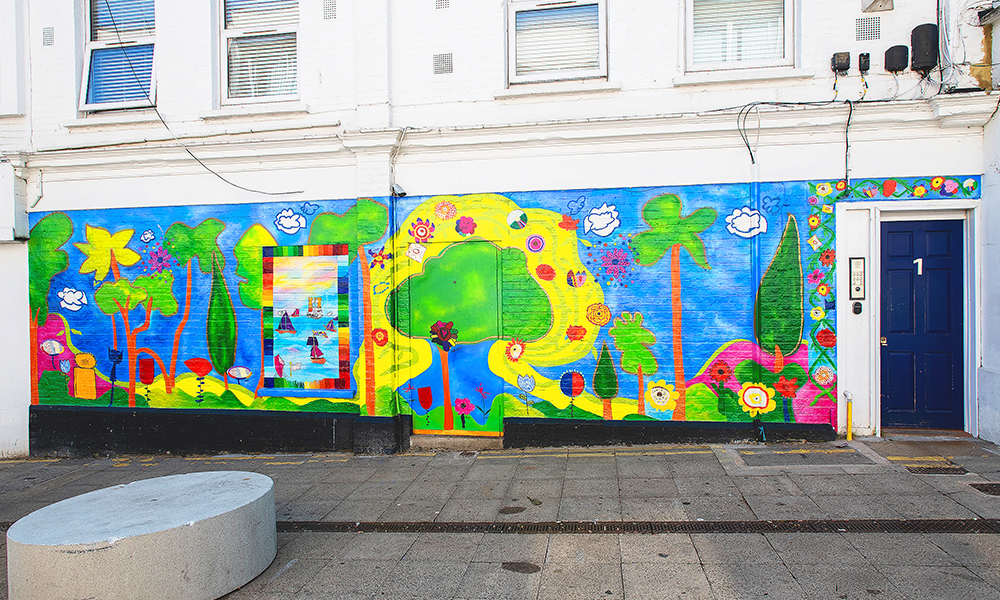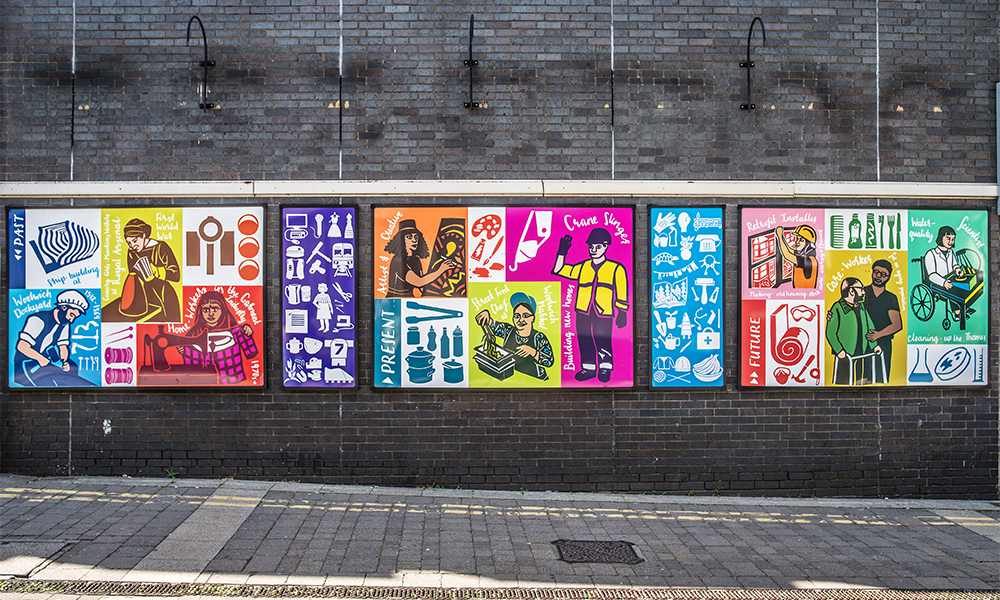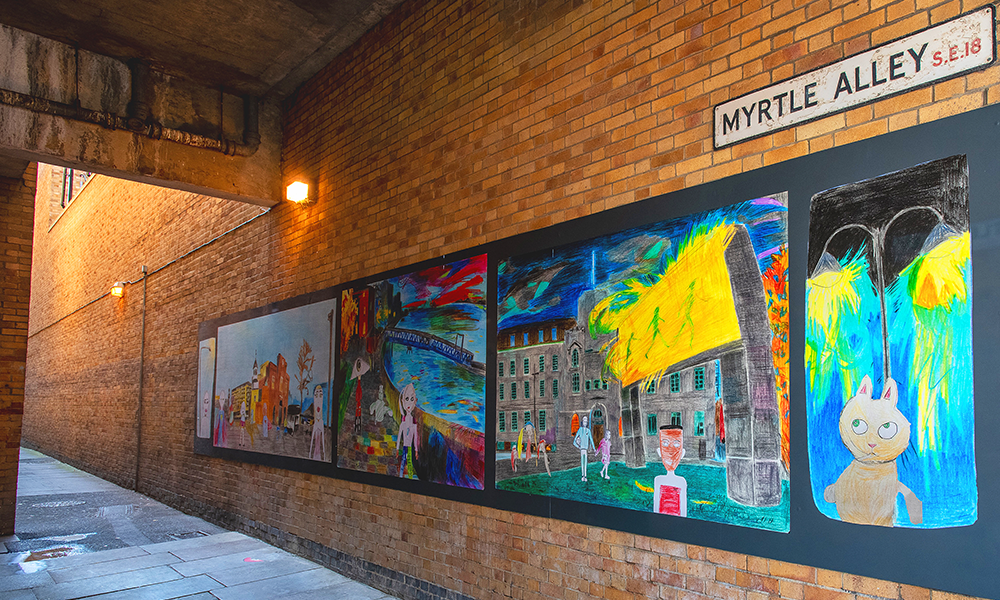Readers can enjoy 10% off all ticket types using code LDN26 as the two-day event comes back to the south-east London venue
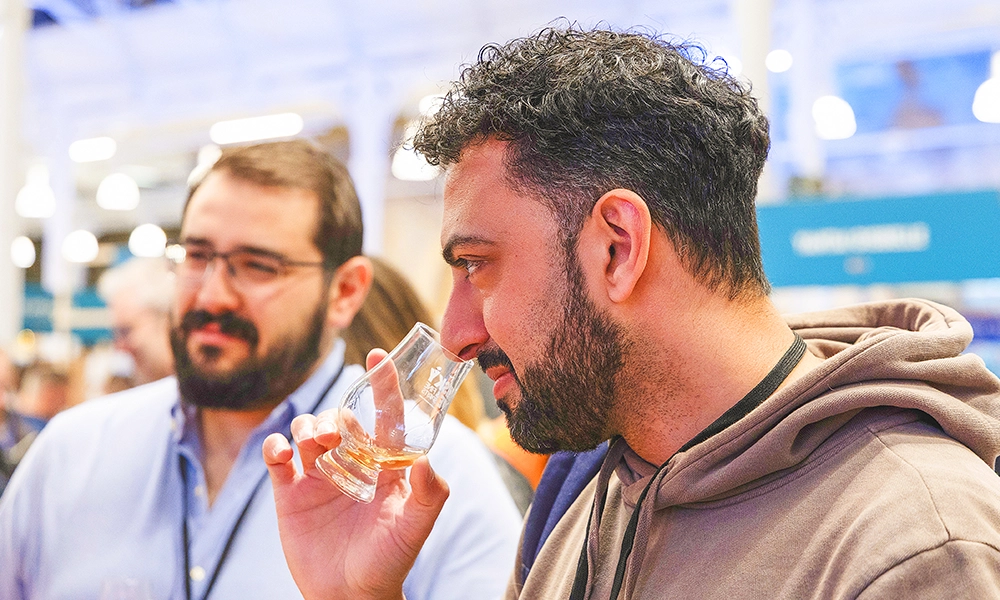
Subscribe to our free Wharf Whispers newsletter here
The honeyed brick-built expanse of the Fireworks Factory at Woolwich Works is set to ring with the subtle clink of glasses and the sound of distilled liquids gently filling them, as Whisky Live And Fine Spirits London returns towards the end of March.
Over two days, around 3,000 visitors are expected to taste products from a wide range of distillers at the showcase, this year celebrating its 26th edition.
“It’s the ultimate whisky event,” said Jamie Brodie, media director at Paragraph Publishing – a company that founded Whisky Magazine in 1997 and put on its first show three years later.
“We license Whisky Live all over the globe – in France, Ireland, Spain, Germany and many more countries – it’s gone from strength to strength.
“Visiting the event is a real journey of tastes and flavours from all over the world.
“For our 2026 London show we’ll have more than 50 stands with different brands – the best from Scotland, Ireland, Europe, America, India and Japan.
“We have visitors coming who are seasoned enthusiasts alongside beginners who are trying whisky for the first time.
“Whether you’re new or returning to the show, this is a chance for you to come to an event where you can spend a day talking to people about whisky and other spirits.
“It’s not just about tasting them.
“It’s finding out about their heritage, how they are created and made – things like the maturation processes, how long it takes and the differences between all the different brands and expressions.
“People coming have the opportunity to try whiskies from all over the globe, not just the straightforward single malts, but wheats, ryes, grains, blends – a real variety of different types.
“We’ll also have tequillas, vodkas and gins.”
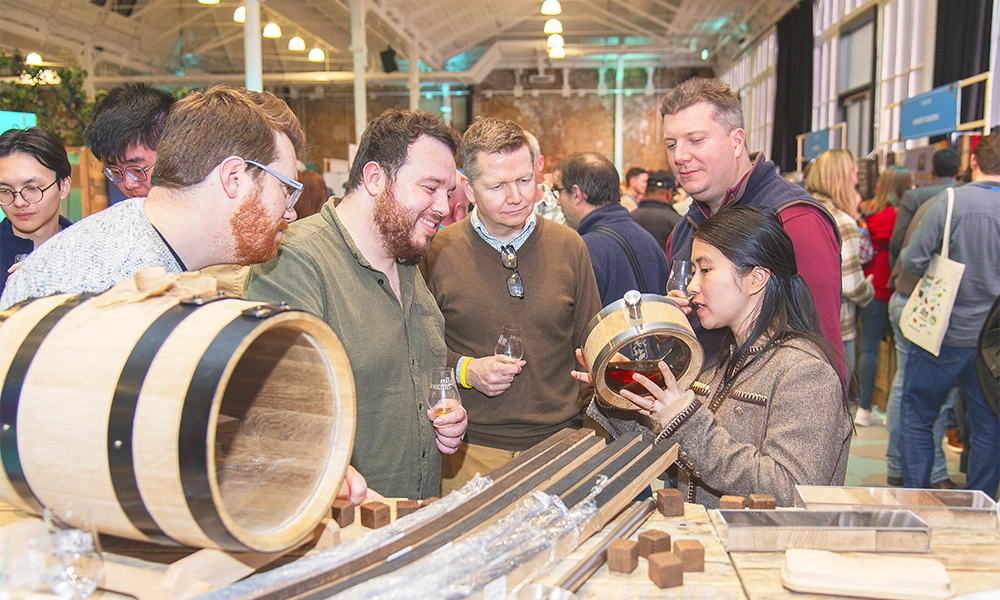
tastings at Whisky Live
The format is straightforward.
Standard ticket holders get unlimited whisky pourings in their Glencairn tasting glass over a three-hour period, with five-hour and six-hour packages also available, the latter with a succession of premium perks.
Street food vendors will be on hand to provide fuel for those who need it, alongside soft drink options and plenty of water stations.
“It’s very important for people to stay hydrated,” said Jamie.
“Whisky Live is all about enjoying these spirits responsibly – tasting them in the right environment and appreciating them.
“The show is for finding out more about whisky and making it accessible without being patronising, so people can understand what they’re tasting in a comfortable, welcoming space.
“We want people to take back some really strong memories and to have a fun day out.”
Brands represented include Glencadam, Tomintoul, Aber Falls, Green River, Fuji, Jura, Fettercairn and Crazy Cock.
The show will also feature entertainment from pianist and sing-a-long specialist Tom Carradine as well as plenty of movers and shakers from the world of whisky.
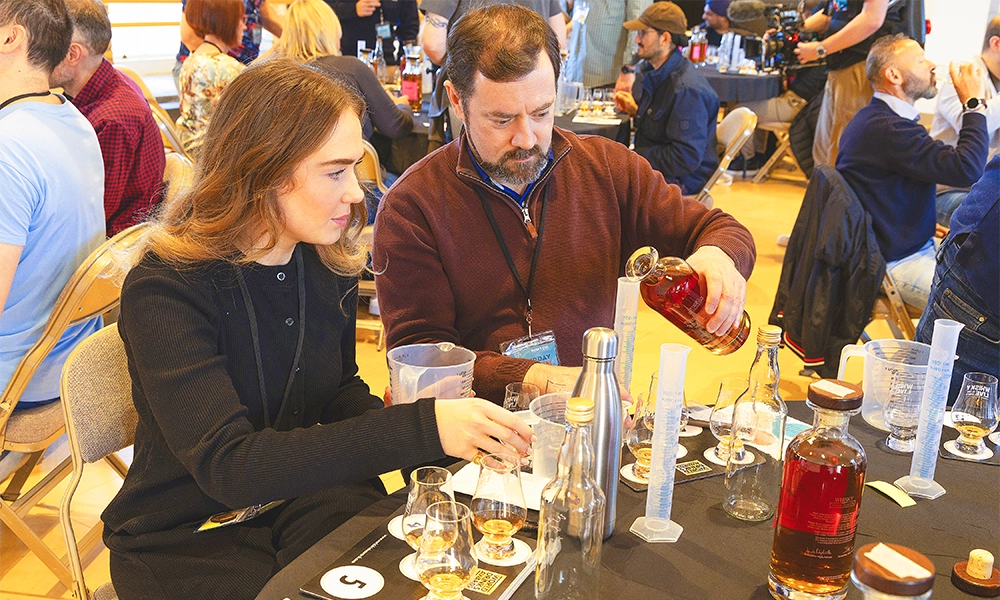
masterclass experiences
Jamie said: “You’ve got some of the great master blenders working today as well as the writing teams from Whisky Magazine on hand to share their expertise.
“We’re not about swilling whisky, we’re about sipping and talking it over.
“People who come to these events often want to take something special away with them and brands will be retailing throughout the two days.
“We’ll also be running a number of masterclasses – an opportunity for people to find out more about particular whiskies from the people who make them.
“For example we’ll have master blender Dan Callaway from Bardstown Bourbon Company in the USA and master blender Jota Tanaka from Fuji Gotemba in Japan running sessions and inviting visitors to taste some of their range.
“Whisky Magazine editor, Bradley Weir will be hosting a masterclass where people can learn to blend their own whisky.
“It’s something we’ve been doing for a number of years now and visitors can choose to have their whisky bottled and then engraved ready for collection the same day.”
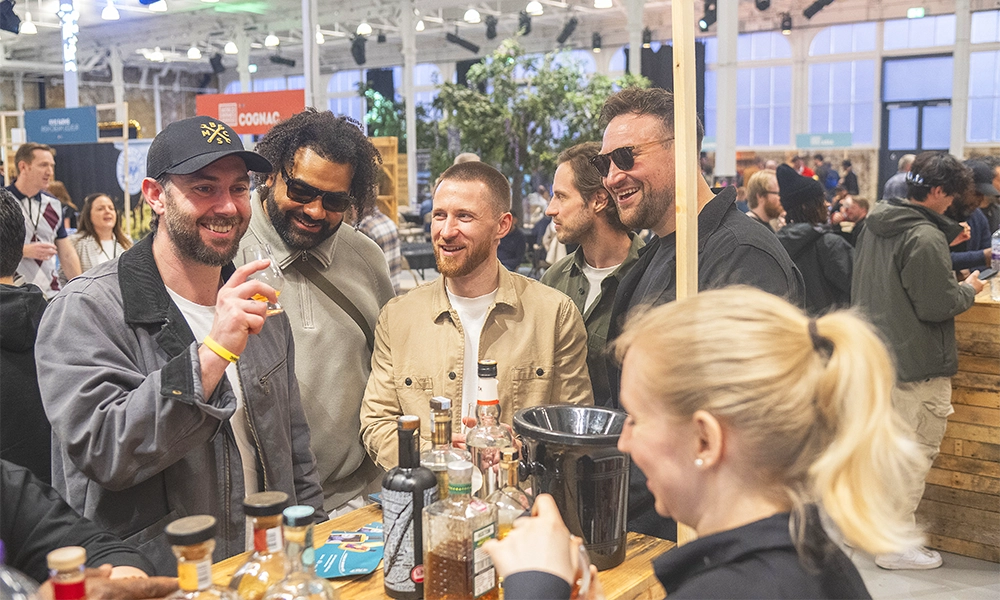
the world’s best at Whisky Live
In addition to the wide array of tasting options, the show is also an opportunity to sample some of the very best spirits the world has to offer.
“We run the World Whiskies Awards and the winners are set to be announced on March 25,” said Jamie.
“We’ll have those brands available on our World Whiskies Awards Premium Stand at Whisky Live for visitors to try.
“Those who opt for premium tickets get that experience included – the opportunity to try the very best across a range of categories.
“Some distilleries will also be bringing special casks produced specifically for the event along for people to taste – whiskies that are not available anywhere else on the planet.
“This will be our third time at Woolwich Works, which is easily accessible thanks to the Elizabeth Line.
“We deliberately keep it as an intimate show that’s designed to be very straightforward.
“It’s not overwhelming or intimidating.
“It’s not about the look, but about the flavour, whether you’re new to whisky or already enthusiastic about it.
“People can choose to taste and ingest or taste and spit – the important thing is that they have the opportunity to try unique whiskies that they wouldn’t normally get to sample and they find something they like.”
key details: Whisky Live And Fine Spirits London
Whisky Live And Fine Spirits London is set to take place on March 27 and 28 at Woolwich Works.
Tickets start at £61.91 with entry times varying depending on the level of access.
Readers can get 10% off all tickets to the show by using code LDN26 when booking.
Find out more about the event and get tickets via this link
Read more: Discover Georgian food and wine at Sad Meli in Royal Docks




